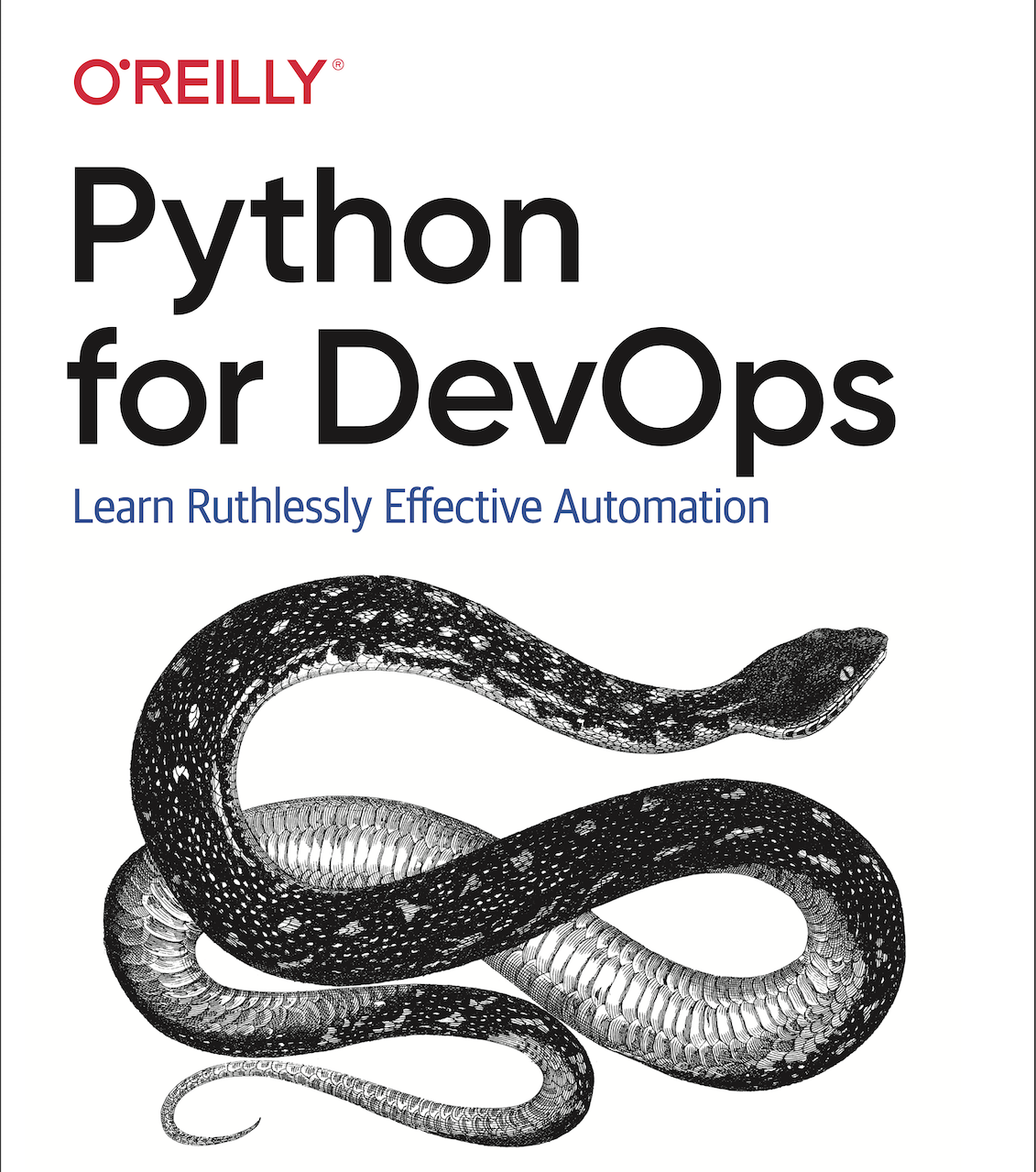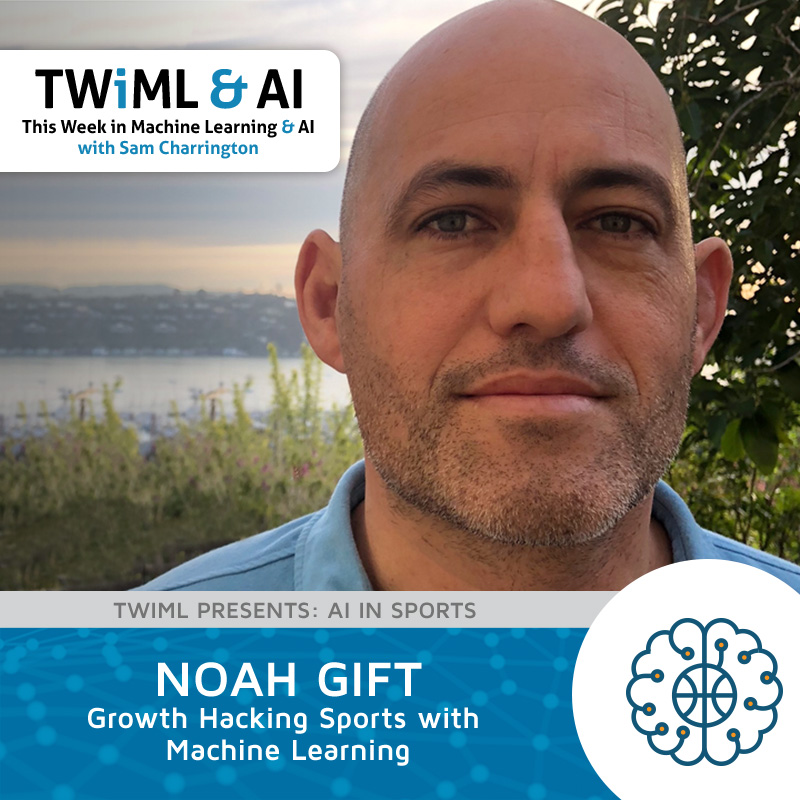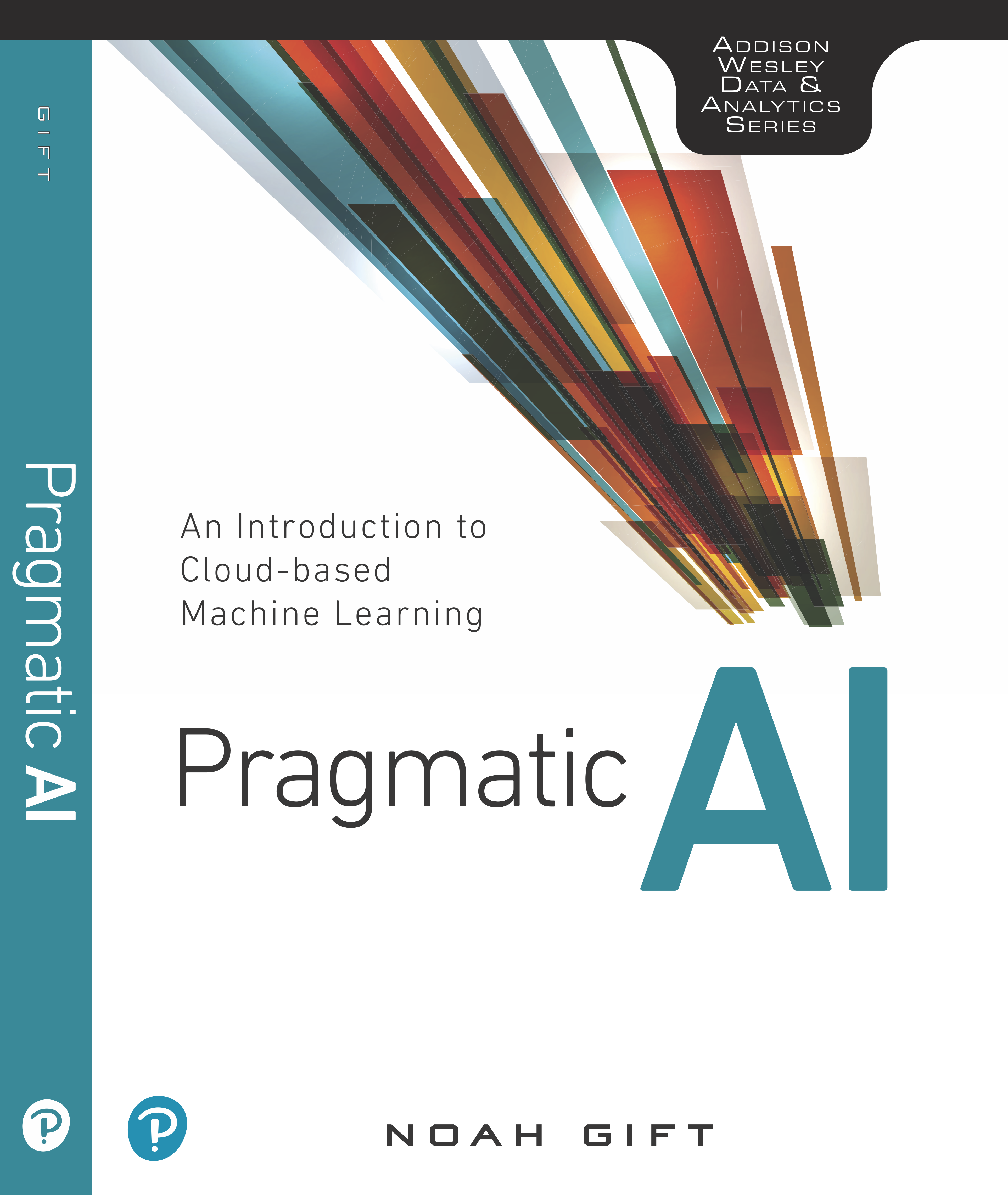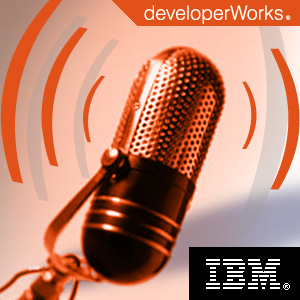Noah Gift
Machine Learning, Data Science, Cloud & AI Lecturer
Duke MIDS
UC Davis Graduate School of Management: MSBA
Northwestern: Master's Data Science: MSDS
UC Berkeley: Master's Information & Data Science: MSDS
Authors Guild Profile
O'Reilly Media Profile
Listen to Music I Wrote
Short Biography
What currently keeps me busy is working as an Executive in Residence at the Duke MIDS (Data science) and Duke AI Product Management program and as a consultant and author in Cloud Computing, Big Data, DevOps, and MLOps. I am also the founder of Pragmatic AI Labs, help 🚀 Support our mission to transform AI education! Join the Pragmatic AI Labs community for exclusive hands-on learning
The following visual resume is a good idea to show the kinds of things I have worked on in my life.
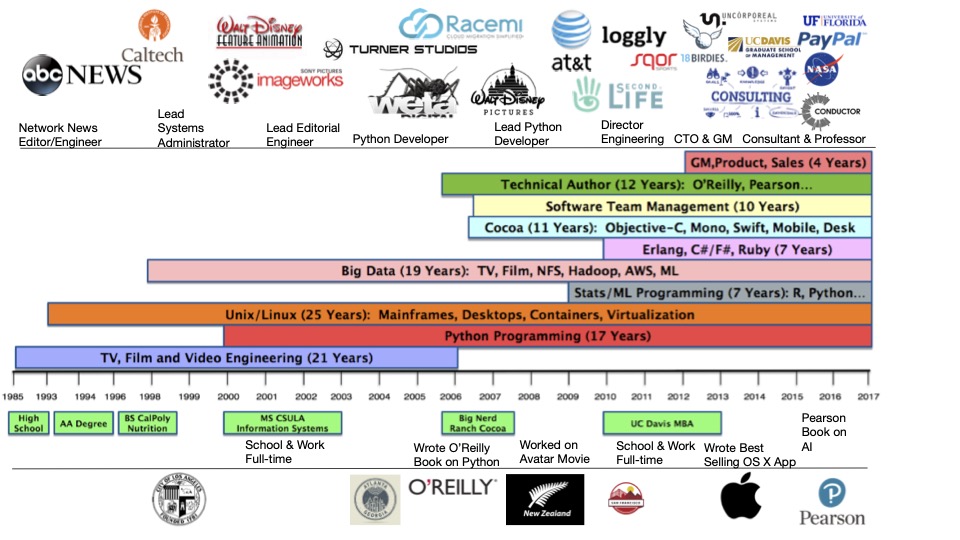
Long Biography
Noah Gift is the founder of Pragmatic A.I. Labs. Noah Gift lectures at MSDS, at Northwestern, Duke MIDS Graduate Data Science Program, the Graduate Data Science program at UC Berkeley, the UC Davis Graduate School of Management MSBA program, UNC Charlotte Data Science Initiative and University of Tennessee (as part of the Tennessee Digital Jobs Factory). He teaches and designs graduate machine learning, MLOps, A.I., Data Science courses, and consulting on Machine Learning and Cloud Architecture for students and faculty. These responsibilities include leading a multi-cloud certification initiative for students.
He works extensively with AWS and is an AWS Machine Learning Hero. He currently holds the following industry certifications for AWS: AWS Subject Matter Expert (SME) on Machine Learning, AWS Certified Solutions Architect, and AWS Certified Machine Learning Specialist, AWS Certified Big Data Specialist, AWS Academy Accredited Instructor, AWS Faculty Ambassador. He also is certified on both the Google and Azure platform: Google Certified Professional Cloud Architect,Google Certified Professional Machine Learning Engineer Certified Microsoft MTA on Python. He has published over 100 technical publications, including multiple books on subjects ranging from Cloud Machine Learning to DevOps. These works appear in Forbes, IBM, Red Hat, Microsoft, O’Reilly, Pearson, Udacity, Coursera, datascience.com, and DataCamp. Workshops and Talks worldwide for organizations, including NASA, PayPal, PyCon, Strata, O’Reilly Software Architecture Conference, and FooCamp. As an SME on Machine Learning for AWS, he helped created the AWS Machine Learning certification.
He has worked in roles ranging from CTO, General Manager, Consulting CTO, Consulting Chief Data Scientist, and Cloud Architect. This experience has been with a wide variety of companies: ABC, Caltech, Sony Imageworks, Disney Feature Animation, Weta Digital, AT&T, Turner Studios, and Linden Lab, and industries: Television, Film, Games, SaaS, Sports, Telecommunications. He has film credits in many major motion pictures for technical work, including Avatar, Spider-Man 3, and Superman Returns.
He has been responsible for shipping many new products at multiple companies that generated millions of dollars of revenue and had a global scale. He is currently consulting startups and other companies on Machine Learning, Cloud Architecture, and CTO level consulting as the founder of Pragmatic A.I. Labs.
🎓 Pragmatic AI Labs | Join 1M+ ML Engineers
🔥 Hot Course Offers:
- 🤖 Master GenAI Engineering - Build Production AI Systems
- 🦀 Learn Professional Rust - Industry-Grade Development
- 📊 AWS AI & Analytics - Scale Your ML in Cloud
- ⚡ Production GenAI on AWS - Deploy at Enterprise Scale
- 🛠️ Rust DevOps Mastery - Automate Everything
🚀 Level Up Your Career:
- 💼 Production ML Program - Complete MLOps & Cloud Mastery
- 🎯 Start Learning Now - Fast-Track Your ML Career
- 🏢 Trusted by Fortune 500 Teams
Learn end-to-end ML engineering from industry veterans at PAIML.COM
His most recent books are:
- 📖 Implementing MLOps in the Enterprise: A Production-First Approach
- 📖 C# on AWS
- 📖 Practical MLOps
- 📖 Pragmatic A.I.: An introduction to Cloud-Based Machine Learning (Pearson, 2018)
- 📖 Python for DevOps (O’Reilly, 2020)
- 📖 Cloud Computing for Data Analysis, 2020
- 📖 Testing in Python, 2020
- 📖 Python Command Line Tools, 2020
📺 Latest YouTube Videos
- Deterministic DevOps with MCP using PAIML MCP Agent Toolkit
- WebSockets with Rust COURSE PREVIEW- Complete Xterm.js walkthrough
- Pragmatic AI Labs Releasing MCP Server to help with Agentic coding
- DevOps Theory - Key Concepts
- Build a chatbot in Rust
- YAML based Prompt Engineering
- Realtime Websockets with SQLite in Rust
- Building Linux CLI Binaries with Deno and TypeScript
- Deno Marco Polo CLIs for TypeScript
- Deno One Liners for TypeScript and Node
- Deno REPL
- Core Deno Commands
- demo deno
- Plastic Shamans of AGI
- The Toyota Way: Engineering Discipline in the Era of Dangerous Dilettantes
Resume
Interests
- Artificial Intelligence
- Cloud-Native Technology
- Serverless
- Machine Learning
- Big Data
- Distributed Computing
- Sports
- Fitness
- Brazilian Jiu-Jitsu
- Bouldering
- Nutrition
Education
-
MBA, 2013
UC Davis
-
MS Computer Information Systems, 2003
Cal State Los Angeles
-
BS Nutritional Science, 1998
Cal Poly SLO



